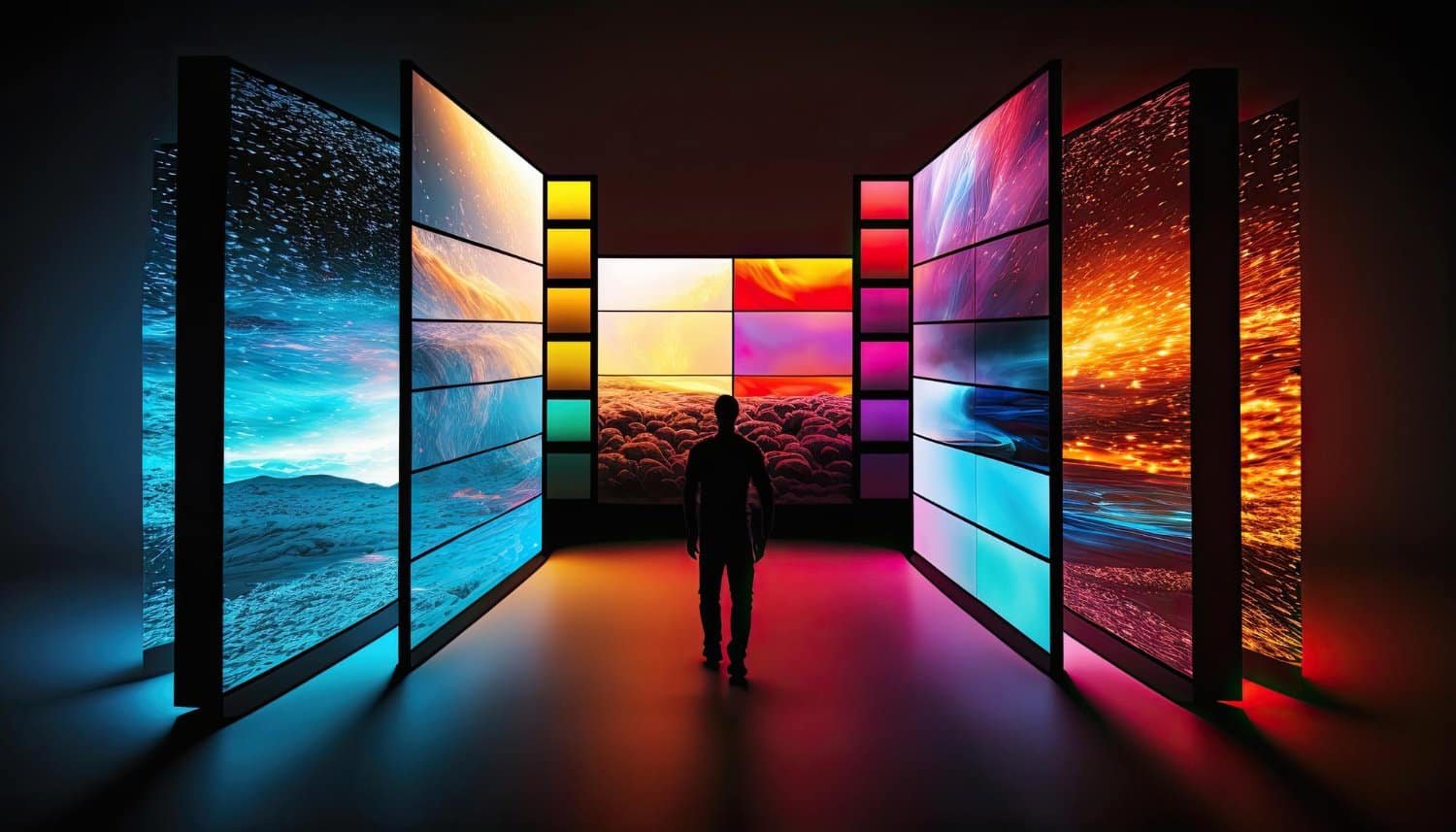Comparing 4K vs 8K TVs: Choosing the Right Resolution
Hey there, fellow entertainment enthusiast! Are you in the market for a new TV but overwhelmed by all the tech jargon? Don’t worry; I’ve got your back! Today, we’re diving into high-resolution TVs, explicitly comparing the popular 4K and the cutting-edge 8K options. So grab your popcorn, sit back, and let’s break it down.
First off, let’s talk about 4K. You’ve probably heard this term thrown around a lot, but what does it mean? Simply put, 4K refers to the number of pixels on the screen horizontally, with a resolution of 3840 x 2160 pixels. This results in incredibly crisp and detailed images, making it perfect for watching your favourite movies or playing the latest video games.
Now, let’s turn our attention to the newcomer on the block: 8K. As the name suggests, 8K offers double the resolution of 4K, boasting a staggering 7680 x 4320 pixel count. Imagine taking the clarity of 4K and dialling it up to eleven – that’s what you get with 8K. Every scene comes to life with breathtaking realism, pulling you into the action like never before.
But hold on a minute! Consider a few factors before you rush out to splurge on that shiny new 8K TV. Firstly, content availability. While streaming services like Netflix and Amazon Prime are starting to offer some 8K content, the selection still needs to be improved compared to the vast library of 4K content available. So, unless you’re willing to wait for the content library to catch up, you might find yourself twiddling your thumbs in anticipation.
Next up, let’s talk about price. It’s no secret that cutting-edge technology often comes with a hefty price tag, and 8K TVs are no exception. You can expect to pay a premium for that extra resolution, so ensure your budget is ready to handle it. On the other hand, 4K TVs have become increasingly affordable in recent years, offering fantastic value for money without sacrificing picture quality.
Another factor to consider is viewing distance. To truly appreciate the benefits of 8K resolution, you must sit relatively close to the screen – think immersive gaming or a home theatre setup. If you plan on placing your TV in a larger room or prefer to sit further back, the difference between 4K and 8K might not be as noticeable.
In conclusion, 4K and 8K TVs have pros and cons, and the right choice ultimately depends on your specific needs and budget. If you’re a tech enthusiast who craves the latest and greatest, then 8K is worth the investment. However, if you’re more budget-conscious or simply satisfied with the stunning visuals of 4K, you can always stick to the tried-and-true option.
So there you have it – a comprehensive comparison of 4K vs 8K TVs. I hope this guide has helped shed some light on the differences between these two resolutions and made your decision a little easier. Happy TV hunting, and may your binge-watching sessions be filled with crystal-clear clarity!
Read Also:














